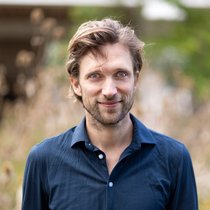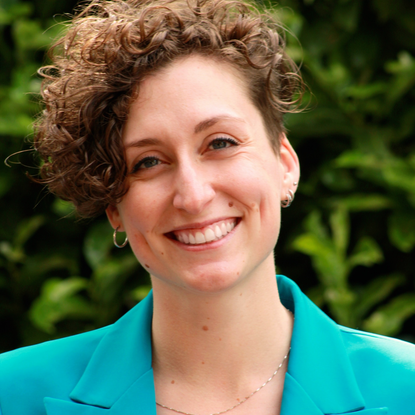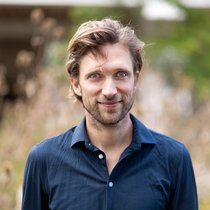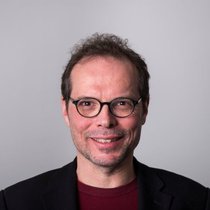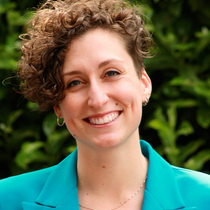The Project Goal
The goal of this project is help bring the energy transition with the safe and just space for humanity, as defined by the planetary and social boundaries of the doughnut model. To this end we are setting up a living lab in Amsterdam Southeast, where the re-use of discarded solar panels will be connected to social goals. These include harnessing the power of solar panels to fight energy poverty in the neighborhood, and creating apprenticeship programs whereby unemployed people can find a meaningful job in the energy transition. The ultimate goal is to organize a regional supply chain collaboration whereby these circular solutions for solar panels can be scaled and made an integral part of the regional economy.
“We all see and believe that solar panels will come to contribute to the energy transition. However, as many other innovative solutions, solar panels do not represent a fully sustainable process by themselves. We must look at how are they fabricated, where, in what conditions, but mostly how to build the best of them to avoid more e-waste. We have the opportunity to go ahead of time and think on the value chain and how to think on a resilient long term solution”
Irene Luque Martin
Former Project Manager Research & Innovative projects at AMS Institute
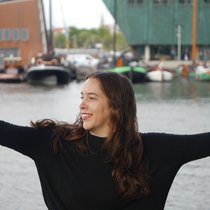
Installation of solarpanels (image by Sungevity)
The production proces of Solar Panels
The number of solar panels installed in Amsterdam is increasing every year. This is good news, but also poses serious challenges – from an environmental and social perspective. Solar panels do not simply fall from the sky. Production of solar panels comes with lots of CO2 emissions and pollution overseas. We’re also making ourselves increasingly depended on non-renewable critical raw materials, which are becoming scare and monopolized at high speed. Lastly, discarded solar panels end up in the e-waste stream, where downcycling currently is the only option. Experts describe the projected 80 million solar panels on Dutch roofs in 2024 as a “ticking environmental timebomb” (NOS, 80 miljoen zonnepanelen in 2024 zijn een ‘tikkende milieutijdbom’, 6-12-2021). How can we reap the benefits of solar panels in a more environmentally friendly way?
“Circular solar panels are all about economic resilience. In the energy transition we should avoid shifting our dependence from oil and gas to critical metals and rare earths (or from Russia to China). It is vital that we start taking care of our own resources, and approach the city as an urban mine.”
Joppe van Driel
Program Developer
From a social perspective, over 80% of our solar panels come from China, where they are produced partly with forced labor. Closer to home, the energy transition tends to increase social inequality. While energy bills are rising, families with lower incomes are unable to invest in cost-reducing insulation and solar panels. How can we create an inclusive and just energy transition?
“Solar panels are beautiful products. It is crazy that we are throwing dozens of solar panels away each day, like they’re some kind of disposable. We should demand a roof for each single panel that still has capacity.””
Joppe van Driel
Program Developer
Reusing Solar Panels
In this project we are investigating whether the reuse of discarded solar panels can help solve these pressing issues. The majority of discarded panels can still generate energy for years to come. These panels are discarded for economic reasons, not because they’ve reached their technical end-of-life. If we can avoid them ending up on the e-waste pile and make these valuable solar panels available for low-income families, we could tackle two problems at once: reducing environmental impact of the PV sector while fighting energy poverty.
To prove that this is possible, we adopt an urban living lab approach. Based on a co-creation process we will select several locations in Amsterdam Southeast where we will experiment with installing pre-owned and discarded solar panels, aiming for both social impact and upscaling potential. This is combined with action-oriented research in the living lab to investigate the customer journey and business case for the reuse of solar panels. This includes mapping different user profiles, relevant policy instruments and governance needed for consolidation and upscaling of these local experiments.
Project members
Partners




